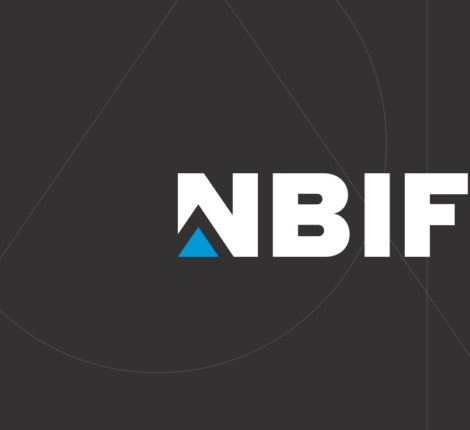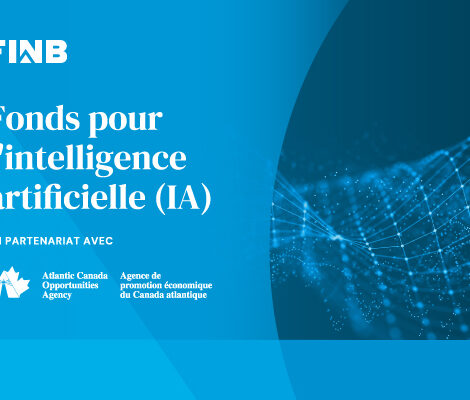- 1 février, 2010
- Recherche appliquée
- Comments : 0
Use of the word innovation in state of province address has research community hopeful of the role o
By John Pollack – Telegraph Journal | link to original article
Innovation is the key to self-sufficiency.
That’s the message many took away from Premier Shawn Graham’s state of the province address last week. Though Graham didn’t say those words exactly, he used the word innovation, or variations of it, 10 times.
Graham said the province’s « greatest opportunity lies in our people, » referring to them as innovators on five occasions.
« We need to be more creative, innovative and entrepreneurial than other jurisdictions. We need to work harder and we need to be smarter, » the premier said.
This prominent reference to innovation pleased Calvin Milbury, chief executive of the New Brunswick Innovation Foundation, an independent corporation created and funded by the province with a mandate to increase the province’s capacity for innovation through investments in applied research and offering equity capital.
« The premier referencing innovation in his speech really endorses the importance innovation has in achieving self-sufficiency, » Milbury says. « He really focused on people. If you don’t have people who are interested in innovating and willing to take the risk associated with that it’s hard to get ahead as a province. »
Milbury says the premier’s speech is part of a culture change in the mind of the public to recognize innovation is needed to stay on the cutting edge and remain competitive.
But University of New Brunswick economics professor Tony Myatt isn’t convinced.
« Apart from the aspect of encouraging high-tech leaders to locate in the province, the rest of it is spin, » Myatt says of the speech. « They may talk about it, but are they actually trying to encourage it through giving incentives? »
The government is in the process of changing the corporate-tax structure to make the province more attractive to outside investment and Business New Brunswick has a couple of programs targeted at helping start-ups and companies adopting new technologies.
The government has also given the innovation foundation $35 million since it launched in 2003.
The recipients of the more than $30 million spent by the foundation have raised another $170 million.
Milbury says he’s grateful for what the province has done to date, but there’s room for improvement.
« It’s the tip of the iceberg, » he says. « So much more can be achieved. »
Dwight Ball, executive director of research services at UNB, says he’d like to see the foundation’s mandate and definition of innovation expanded beyond engineering and sciences to include some arts, namely psychology, sociology and socio-economic studies, as well as research in the business department.
« For the government to actually assess spending on health care they’ve got to have good quality information to base their decisions on, » Ball says. « I’m not talking about MRI development, I’m talking about how people best benefit from health-care delivery. »
The province’s universities rely on the foundation as a major source of funding for research.
The foundation is open to expanding but doesn’t want to spread its dollars too thin, Milbury says.
The foundation is focused on research with commercialization opportunities and providing access to capital for innovative start-ups.
Ball says some of the softer sciences could contribute to economic prosperity.
« It’s not quite as straight a line as you make a widget, patent the widget, and then create a company to sell it or license the widget to a company, » he says.
But he says better understanding of the psychology and sociology of a workplace could go a long way in the business community, and policy studies could help the government do more with the money they have.
Milbury says a greater surge of money would be needed to develop funding programs for that type of research, and the foundation would still like more money with which to expand its existing programs.
Myatt warns any government-funded program aimed at encouraging innovation has to have the word, along with research and development, clearly defined.
« Otherwise you can reclassify standard operational things as research and development and get subsidized for that, » he says.


